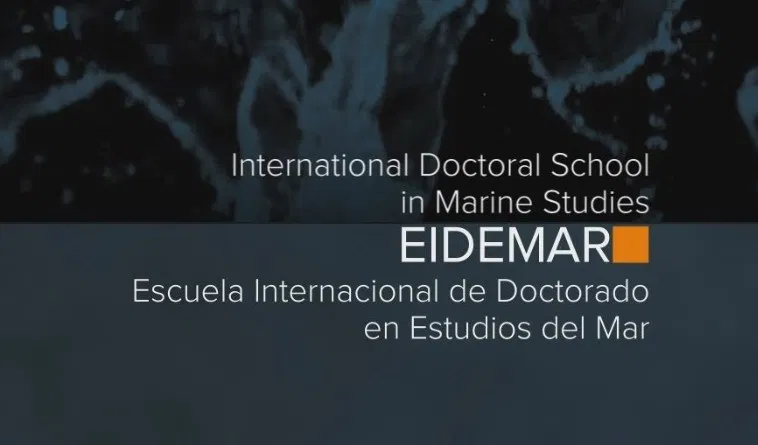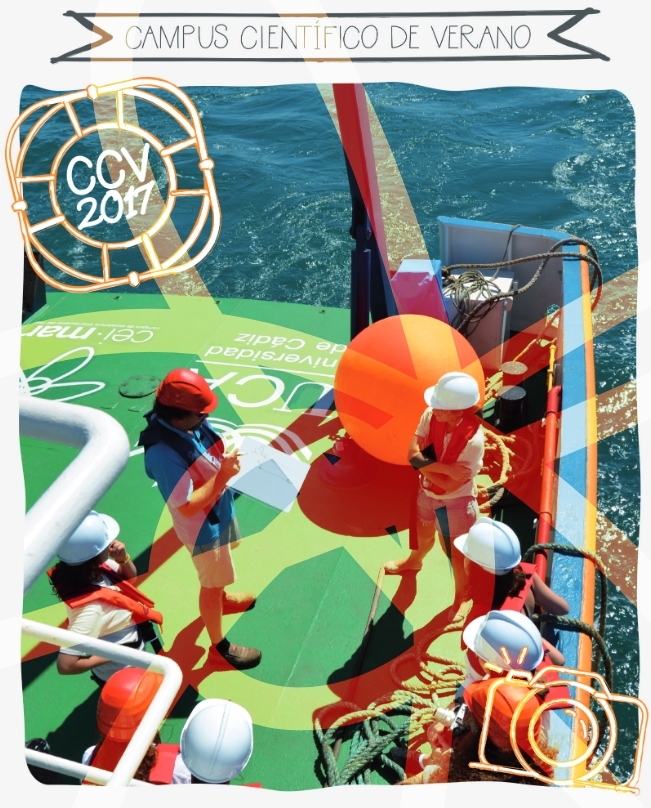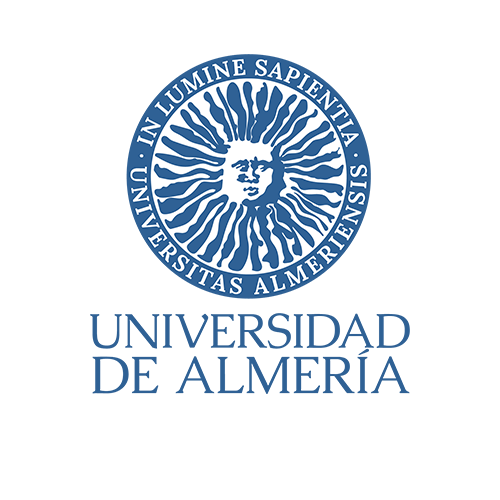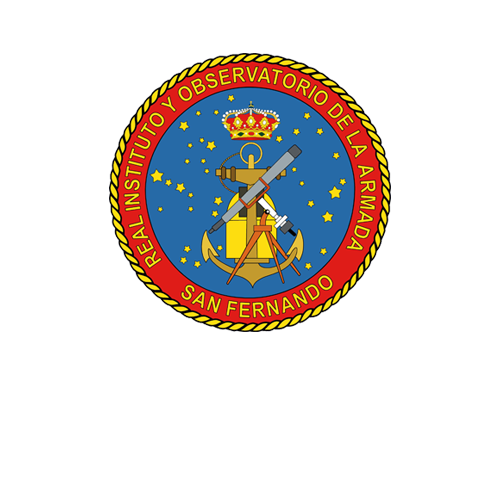We are seeking for a student with strong skills/interest in statistics and programming in R and a deep interest in evolutionary biology and quantitative genetics. A Master degree (MsC equivalent) is required, particularly on evolutionary ecology.
Natural selection is the main mechanism driving evolution and therefore the hub for our comprehension of the origin and maintenance of biodiversity. Yet, a key causal factor of natural selection is environmental variation, but our knowledge on how environmental variation shapesnatural selection in wild populations is extremely limited. First, it is not yet known what agents of selection are acting on given phenotypes or genotypes. Since environmental conditions are not constant in time for given populations, natural selection has acted to produce local evolutionary adaptations. However, temporal environmental variation may drive phenotypic selection and thereby result in changes in the frequency of underlying genotypes (microevolution) or
adaptation without need of such change due to phenotypic plasticity. Thus, second, our knowledge on the role of microevolution or phenotypic plasticity in natural populations is rather limited. If those phenotypes are associated with reproductive variables, it is expected that evolutionary change can produce parallel consequences at demographic level in the population depending on how phenotypes are selected and transferred from one generation to the next. Thus, and third, an accurate understanding of how environmental change may affect population persistence, needs necessarily go through marrying local evolutionary adaptation and population dynamics. In this PhD project the student will explore 1) the agents of selection acting on laying date of a wild bird, 2) the role of microevolution or phenotypic plasticity on local adaptation, and 3) the demographic consequences of different scenarios of environmental change within an eco-evolutionary perspective.
The student will take advantage of one of the best monitored long-term and individually-based studied populations of pied flycatcher (Ficedula hypoleuca) in Europe. This Spanish population has been monitored for the last 32 years and has compiled an outstanding set of environmental variables recording a full set of morphological and life-history traits over the years. The student will be supervised by Dr. J. Martínez-Padilla (UMIB ? University of Oviedo/CSIC) and Dr. J. Potti in close collaboration with Dr. L. Garamszegi (both at Estación Biológica de Doñana, CSIC). In addition, the student is expected to visit Prof. T. Coulson?s group at the University of Oxford to improve theoretical background and analytical skills on eco-evolutionary dynamics.
We are seeking for a student with strong skills/interest in statistics and programming in R and a deep interest in evolutionary biology and quantitative genetics. A Master degree (MsC equivalent) is required, particularly on evolutionary ecology. Fieldwork experience particularly on wild birds and (at least some) knowledge of Spanish language will be a plus. We offer a three-year fully funded studentship, and depending on the stage of the PhD, the student will be based at Estación Biológica de Doñana (Sevilla) or UMIB (Oviedo), both in Spain. Fieldwork will take place in Madrid. A research visit to the University of Oxford (UK) is expected.
Candidates are encouraged to send their CV along a motivation letter to Dr. J. Martínez-Padilla (jmartinezpadilla12@gmail.com) and Dr. J. Potti (jpotti@ebd.csic.es) before the end of June of 2016. More details about the project can be found here.























